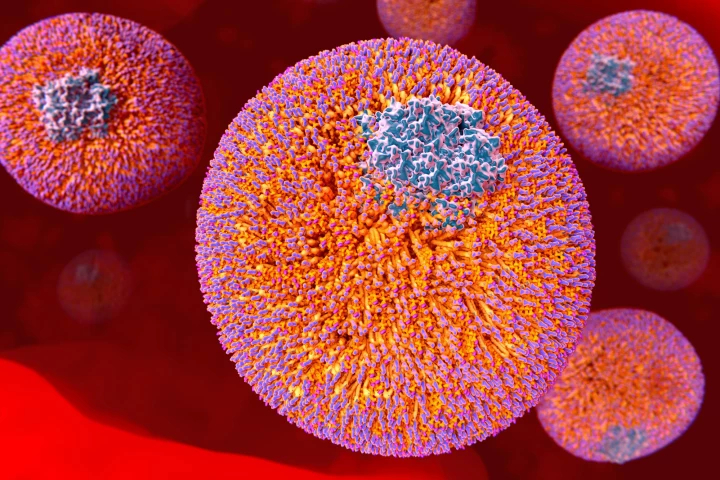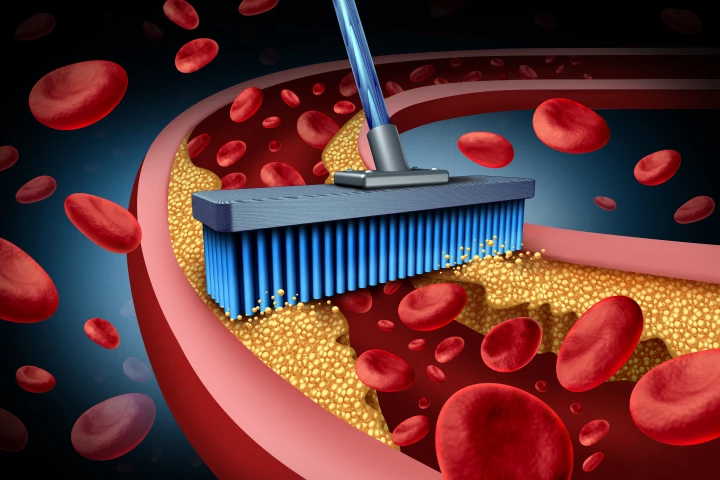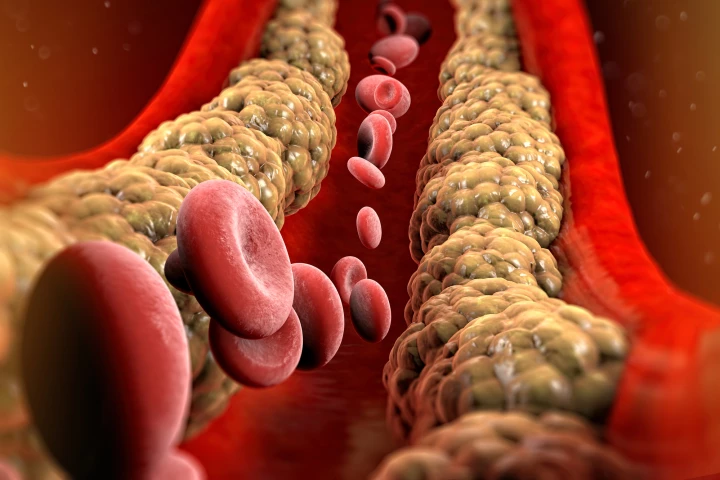Cholesterol
-
Some people can’t get their bad cholesterol levels down, even if they take cholesterol-lowering meds. A clinical trial using a combination of existing and not-yet-released cholesterol tablets lowered bad cholesterol by almost half.
-
One of the ketogenic diet's major perceived drawbacks is an increase in LDL, or so-called bad cholesterol. A new study, though, says that this cholesterol spike doesn't fit the conventional science in terms of its disease-causing ability.
-
The method used to brew coffee can significantly affect levels of natural cholesterol-raising compounds called diterpenes, according to a new study. It might be that the way your coffee is made is affecting your heart health.
-
A study of over 220,000 people that looked at the consumption of butter versus plant oils has reached a conclusion that shows just how much better for you one is than the other. Making the switch might be one of the easiest ways to extend your life.
-
New research found that elevated levels of ‘good cholesterol’ were associated with an increased risk of glaucoma, which can lead to vision loss. The findings call for reconsidering the hypothesis that good cholesterol universally benefits health.
-
An innovative mix of readily available natural products shapes up as a long-term alternative to the likes of Ozempic for managing obesity, diabetes, liver health and inflammation – without the injections, cost or side effects associated with GLP-1 drugs.
-
It's generally considered a good thing to have elevated levels of HDL cholesterol, also commonly referred to as "good" cholesterol. But new research indicates that when those HDL levels climb too high, dementia could be an unwanted side effect.
-
Researchers presented the interim results of a clinical trial using a single infusion of gene-editing technology to permanently switch off LDL cholesterol production in people with a genetic condition that elevates levels of the ‘bad’ cholesterol.
-
Researchers have conducted the first human trials of a new drug, lepodisiran, and found that a single injection reduced lipoprotein(a) – a ‘bad’ cholesterol with a genetic basis and no available treatments – to undetectable levels for almost a year.
-
Researchers have identified a previously unknown step in the process by which dietary cholesterol is absorbed from the intestine into the bloodstream. The newfound pathway provides a potential new target for treating high cholesterol.
-
While statin drugs are good at controlling plaques in blood vessels, they can't eliminate them once they are established. But researchers may have just found a way to blast the circulatory system clean using a common nutrient found in many foods.
-
Researchers have developed the world’s first oral drug to target a form of cholesterol that has previously been untreatable and is largely caused by genetics, making it difficult to control by way of exercise, diet or other lifestyle factors.
Load More











